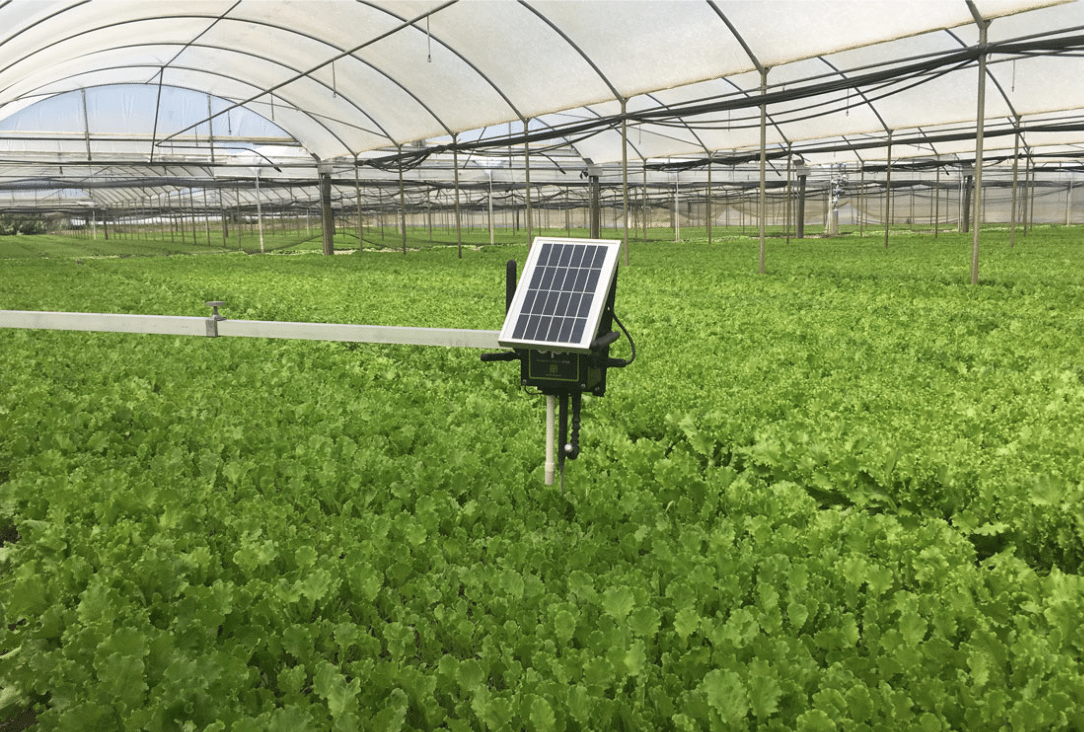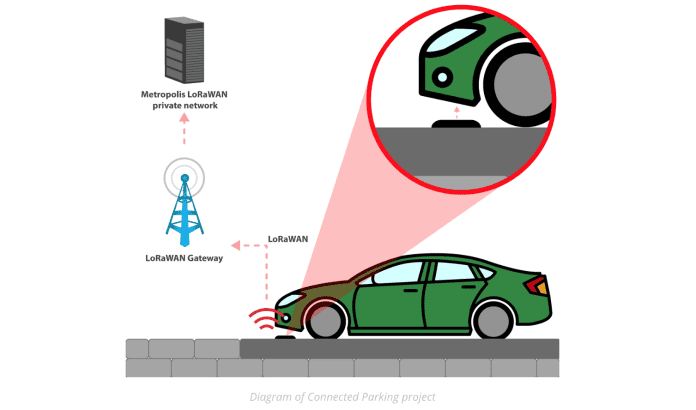Learn how the IoT is enabling efficiencies in a variety of high-impact verticals
The internet of things (IoT) is all about using data to bring efficiencies to anything really–municipal government operations, manufacturing, oil and gas, building management, transportation and food production among many other examples. Here we look at a pair of IoT case studies that highlight opportunities in agriculture and parking.
Smart agriculture in Salerno
Libelium is working with Italian startup EVJA to use the former’s cloud-based sensor network to further the latter’s goal of increasing production of a variety of baby greens that are popular in pre-packaged salad mixes available at grocery stores. EVJA, which focuses its efforts on Salerno in Southern Italy, worked with Libelium to develop a hardware/software package that gives farmers insight into weather conditions, plant health, soil qualities, temperature, plant moisture and other variables that can influence crop yield.
EVJA connects its sensors using a combination of LTE and LoRaWAN technologies to send data into a custom software suite hosted by Microsoft Azure Cloud..
Understanding this data allows farmers to more strategically conduct irrigation, spray pesticides and spread fertilizer. Knowing the right time to take these actions enables farmers to use less resources and, ideally, improve output–essentially do more with less, which directly correlates to business success.
According to a case study prepared by Libelium and EVJA, a company that spends around $4,700 per hectare per year on pesticides can use sensor data to cut costs by 10% meaning “the product basically pays for itself in one year.”

Smart parking in Montpellier
The transportation industry, from automated driving to traffic congestion management, is poised to see major benefits from the use of IoT solutions. One major use case is smart parking, which can get rid of the block-circling, greenhouse-gas-emitting, process of circling the block or parking deck looking for an open space. Instead, sensor-equipped parking spots connected to a mobile app, for instance, can guide drivers to the nearest available space. Integration of a payment system could also streamline the process of fumbling around for quarters and watching the clock to go feed a meter.
In the French town of Montpellier, population of 270,000, the Montpellier Mediterranean Metropolis, a public project dedicated to implementing internet of things projects, worked with Synox and Libelium to deploy a smart parking solution.
The MMM, working with its partners, deployed a LoRaWAN-based network to facilitate easier parking operations at a local shopping center and near the town hall. In addition to the parking application, the same set of sensors allow municipal managers to detect road conditions like the presence of ice sheets.
MMM CTO Pieter Brice said, “The smart parking project allowed us to consolidate our collaboration with Libelium and to look forward [to] new services offered to users on car park solution.” Synox CTO Jérôme Fenwick added that the project lets stakeholders including the city, police and citizens “have a better understanding and a better management of car park availability” which is “a major key point to improve citizen’s life.” Read the case study here.

